Representatives of OPG and its partners announced new contracts at the World Nuclear Exhibition in Paris. (Photo: X/@urencoglobal)
At the World Nuclear Exhibition in Paris this week, Ontario Power Generation announced contracts with Canadian, French, and U.S. companies to ensure a fuel supply for the first of four GE Hitachi Nuclear Energy BWRX-300 small modular reactors planned for deployment at OPG’s Darlington nuclear power plant.
The Irigaray central processing plant, in Wyoming’s Powder River Basin. (Photo: Uranium Energy)
TerraPower and Uranium Energy announced today that they have signed a memorandum of understanding to “explore the potential supply of uranium” for TerraPower’s demonstration reactor in Kemmerer, Wyo.
The project team included (from left to right) Jennifer Watkins, Seth Ashby, and Adrian Wagner. (Photo: INL)
Researchers at Idaho National Laboratory in early 2023 manufactured commercial-grade high-assay low-enriched uranium (HALEU) fuel pellets to the specifications of a General Electric accident tolerant fuel design, INL announced November 21. A team working at INL’s Experimental Fuels Facility at the Material and Fuels Complex fabricated about two dozen uranium dioxide pellets using HALEU enriched up to 15 percent U-235.
Centrus Energy staff posing in front of the American Centrifuge Plant. (Image: Centrus Energy)
Centrus Energy and the Department of Energy announced November 7 that Centrus has produced 20 kilograms of HALEU at the DOE-owned American Centrifuge Plant in Piketon, Ohio, satisfying Phase One of a DOE contract to stand up and operate 16 advanced centrifuges. Centrus will now move on to Phase Two of the contract, which requires a full year of HALEU production at a rate of 900 kilograms per year.
An aerial shot of the Westinghouse Springfields site, located near Preston, Lancashire, in northwestern England. (Photo: Westinghouse)
Westinghouse has signed a contract with Rolls-Royce SMR to develop a fuel design for the British firm’s small modular reactor program, the companies announced last week.
The design work, to be undertaken in the United Kingdom and the United States, will include associated core components and will be based on an existing Westinghouse pressurized water reactor fuel assembly design.
The 16-centrifuge HALEU demonstration cascade sits within a vast DOE-owned facility with room for more than 11,000 centrifuges. (Photo: Centrus)
American Centrifuge Operating (ACO), a subsidiary of Centrus Energy, has started enriching uranium hexafluoride gas to high-assay low-enriched uranium (HALEU) levels at the Department of Energy’s enrichment facility in Piketon, Ohio, the DOE announced October 11. The HALEU will be used to help fuel the initial cores of two demonstration reactors awarded under DOE’s Advanced Reactor Demonstration Program and will also support fuel qualification and the testing of other new advanced reactor designs.
The TRIGA shipment was received September 27. (Photo: Kate Myers/Penn State)
Penn State’s Radiation Science and Engineering Center (RSEC) has received the first new TRIGA fuel shipped to the United States since 2012, the university announced on September 28. The fuel reached University Park, Pa., on September 27 and is destined for RSEC’s Breazeale Reactor, the nation’s longest continuously operating university research reactor.
Upper-level view of Centrus’s HALEU cascade. (Photo: Centrus Energy)
The Nuclear Regulatory Commission is requesting comments on the regulatory basis for a proposed rule for light water reactor fuel designs featuring high-assay low-enriched uranium (HALEU), including accident tolerant fuel (ATF) designs, and on draft guidance for the environmental evaluation of ATFs containing uranium enriched up to 8 percent U-235. Some of the HALEU feedstock for those LWR fuels and for advanced reactor fuels could be produced within the first Category II fuel facility licensed by the NRC—Centrus Energy’s American Centrifuge Plant in Piketon, Ohio. On September 21, the NRC approved the start of enrichment operations in the plant’s modest 16-machine HALEU demonstration cascade.



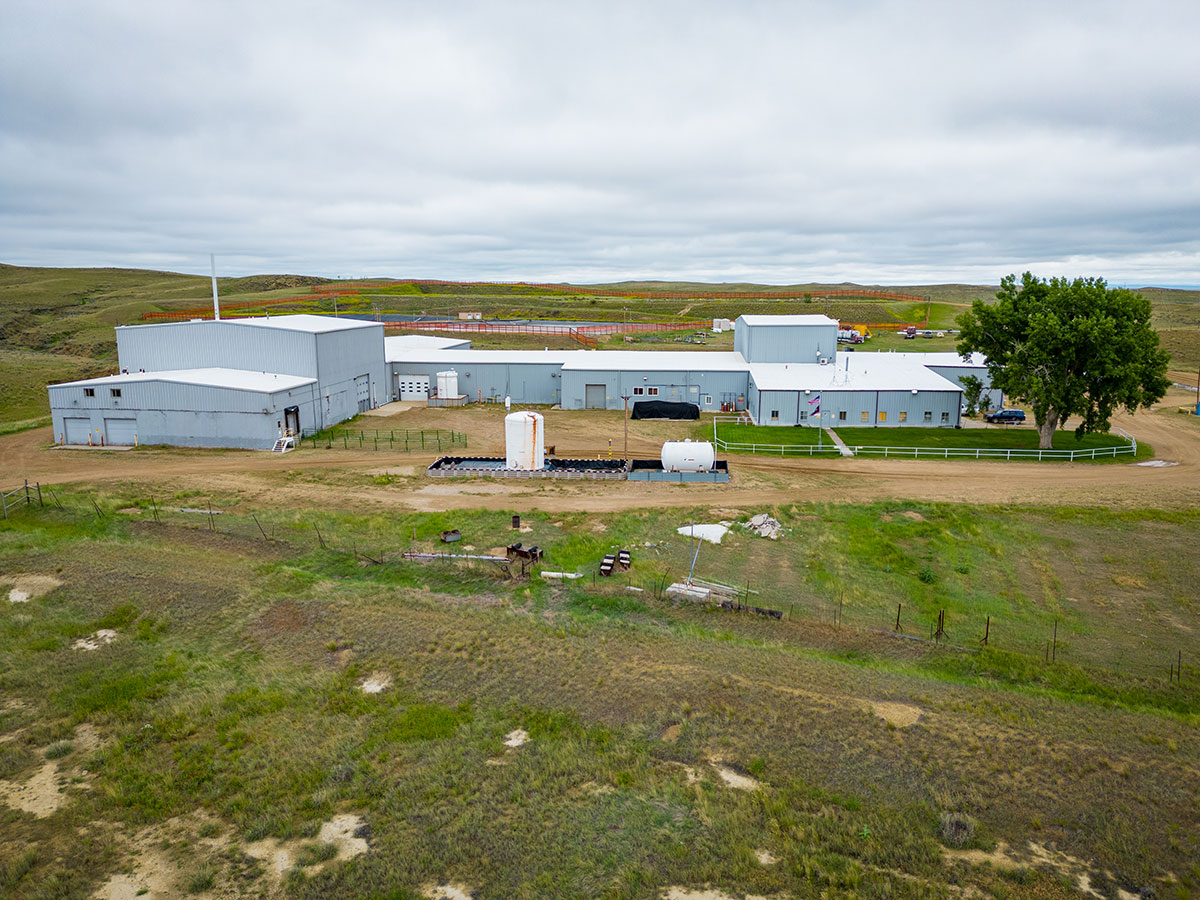
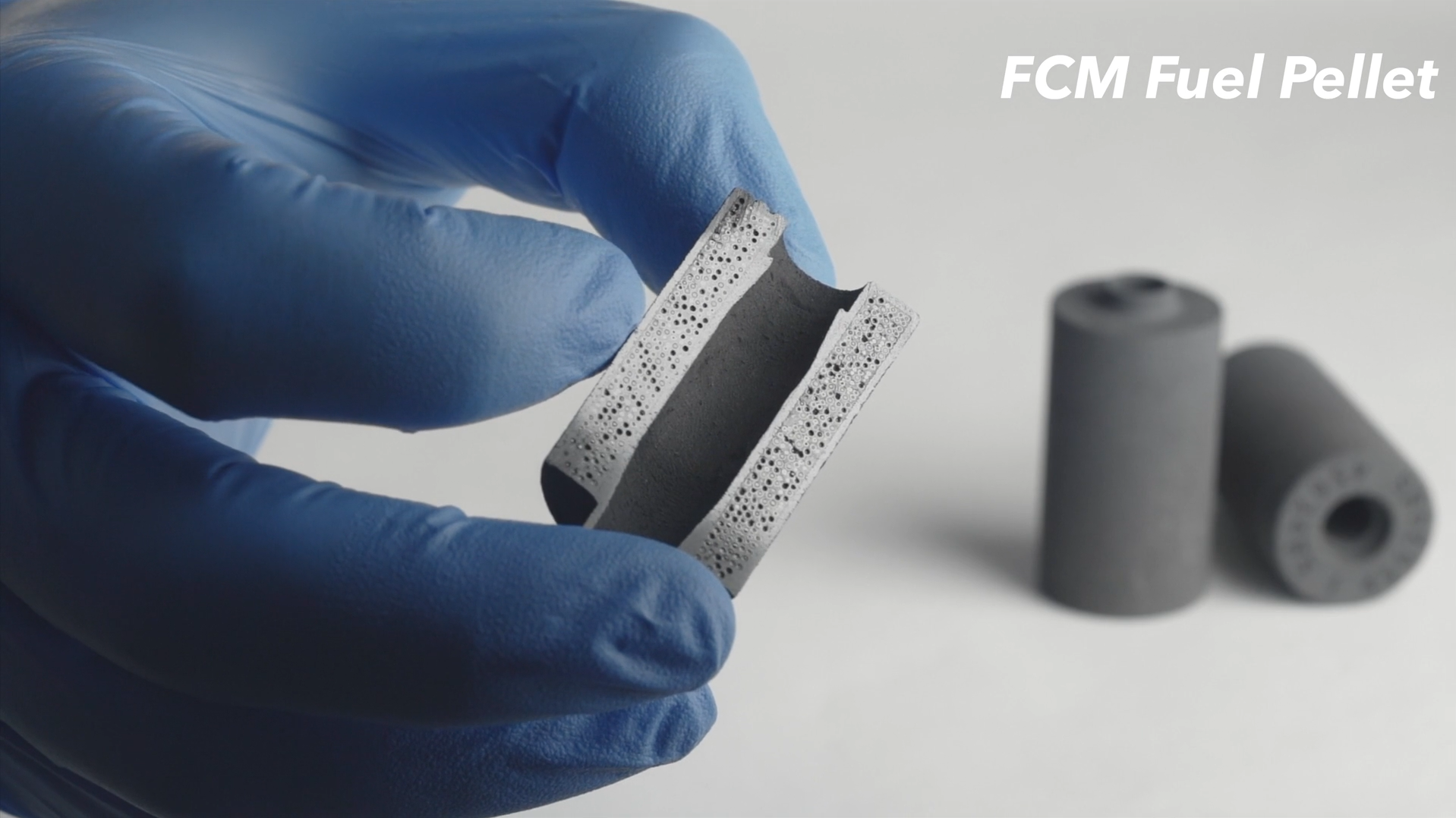
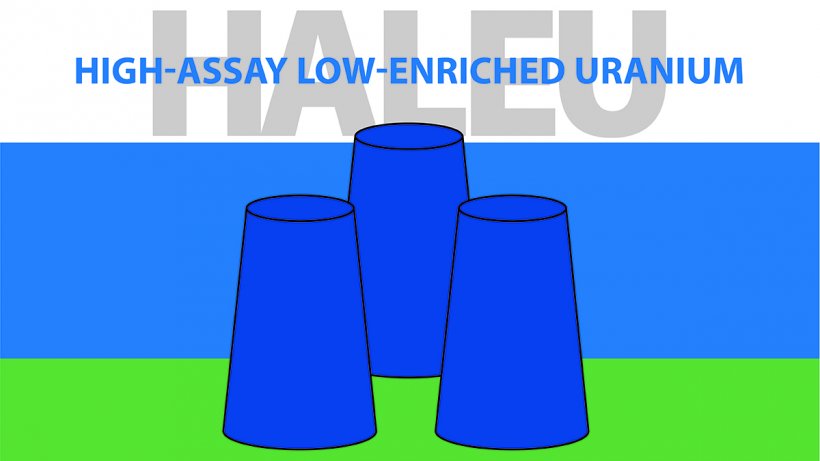
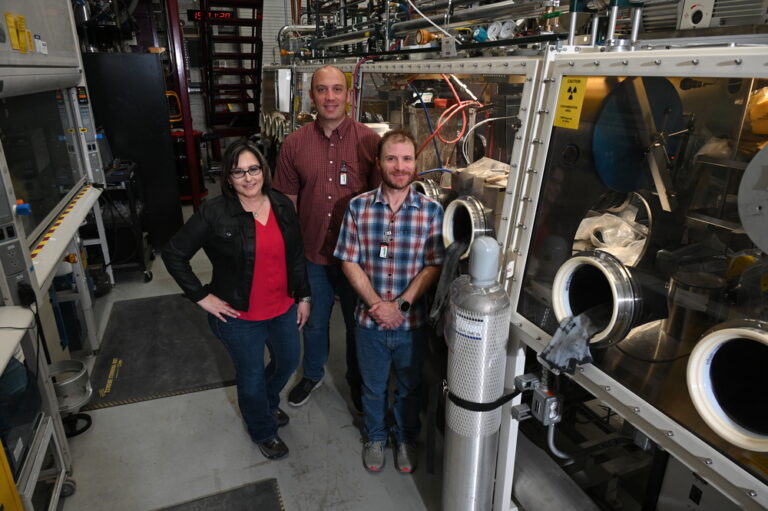



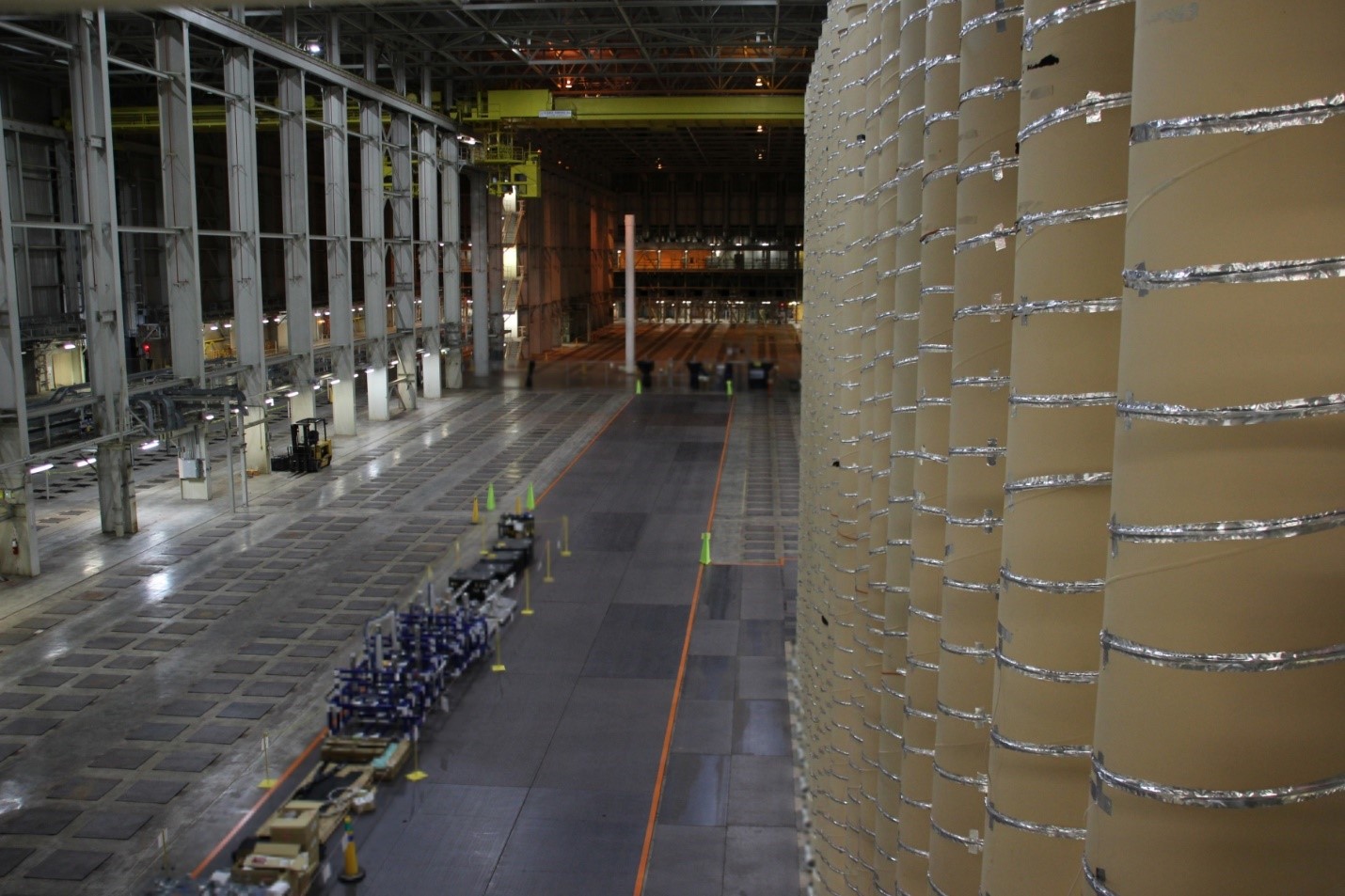
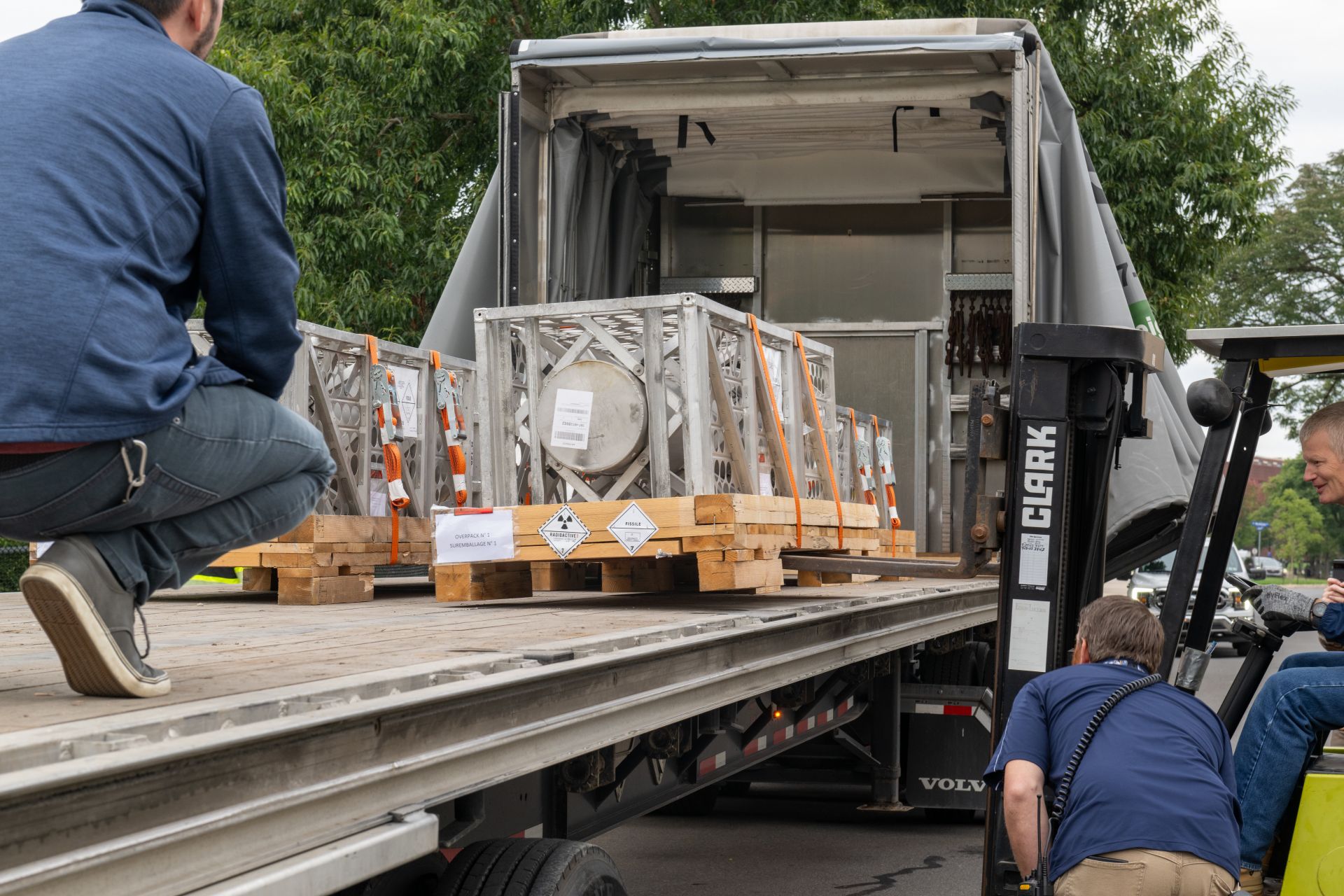
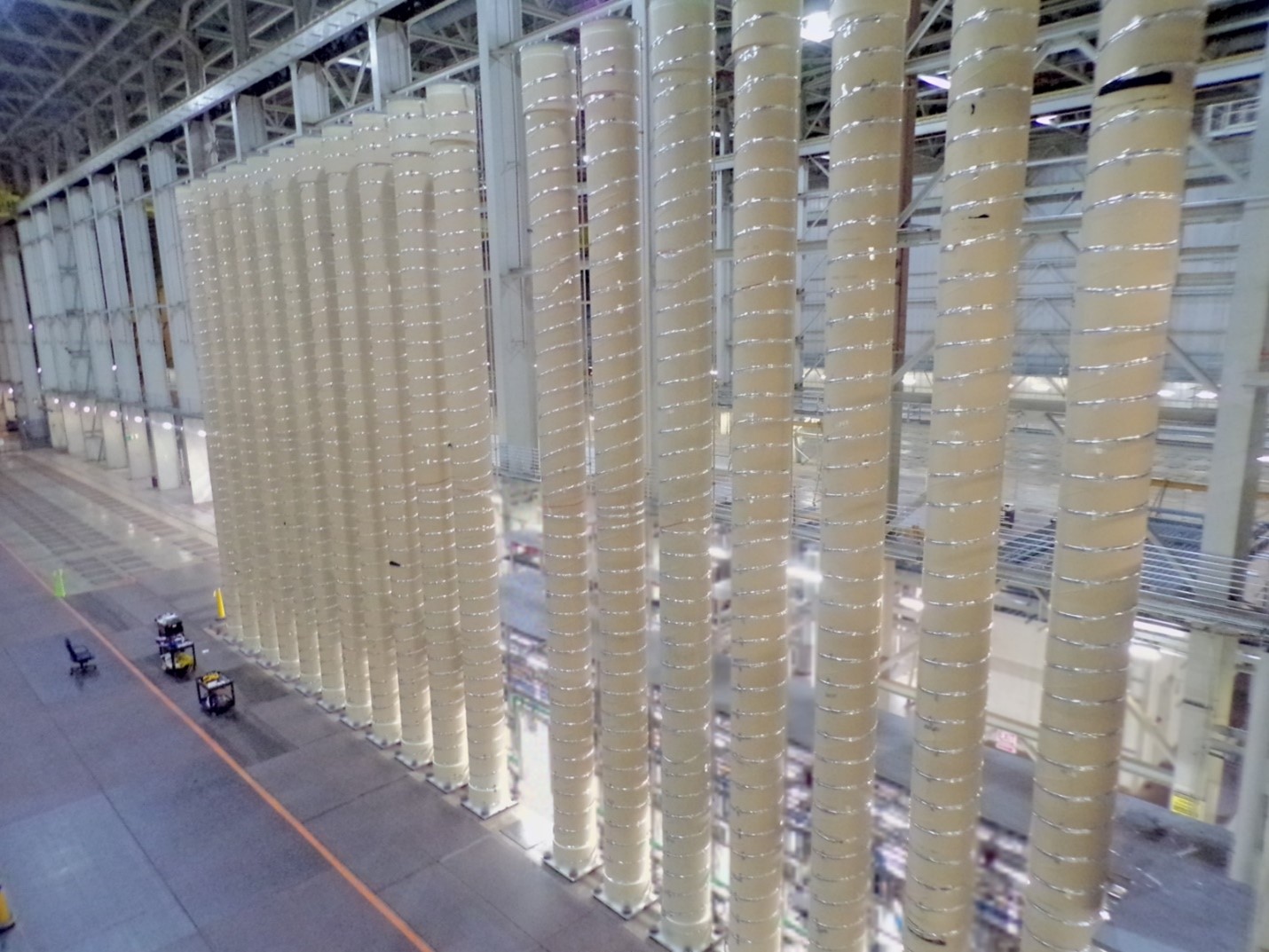

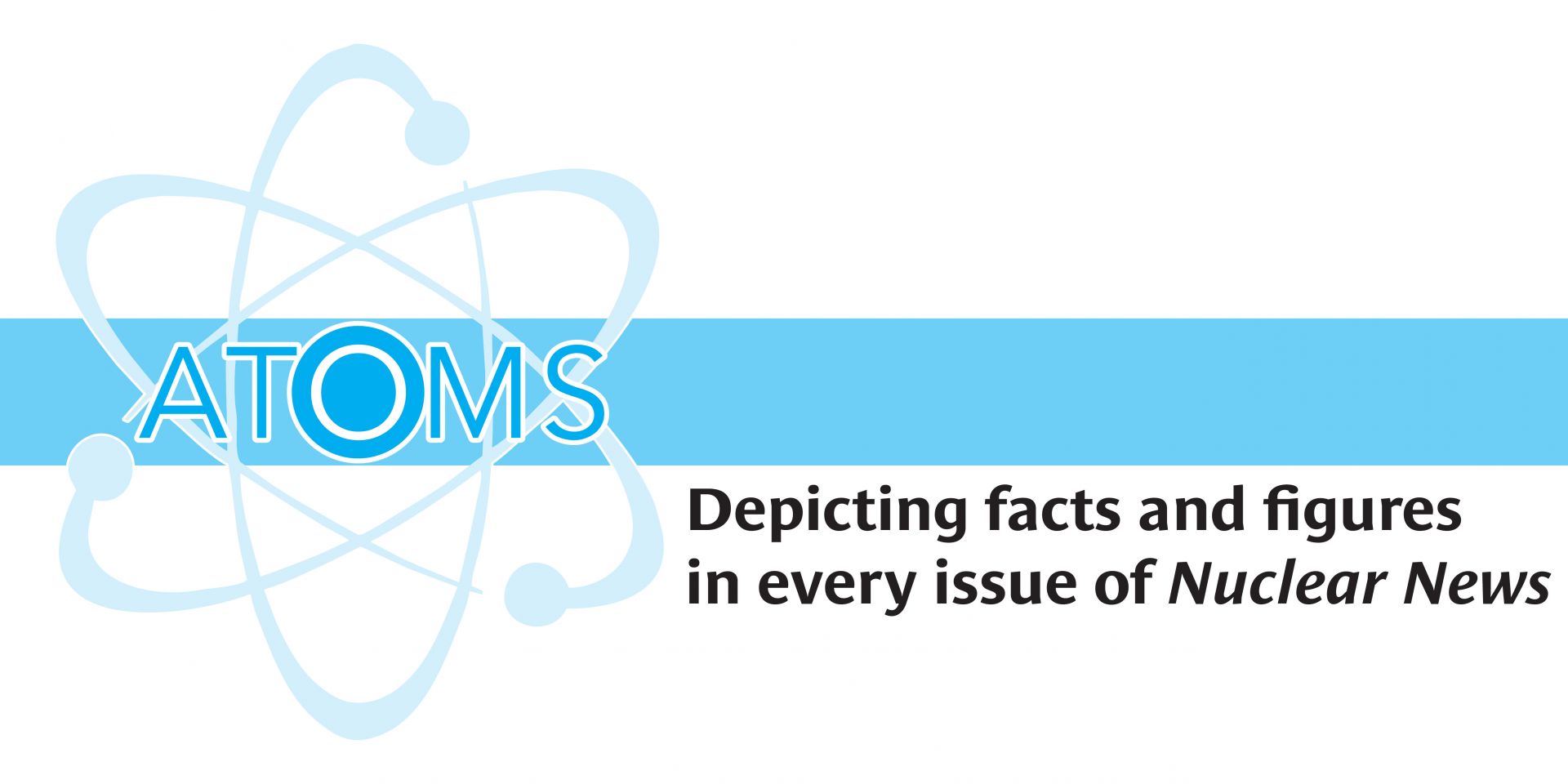

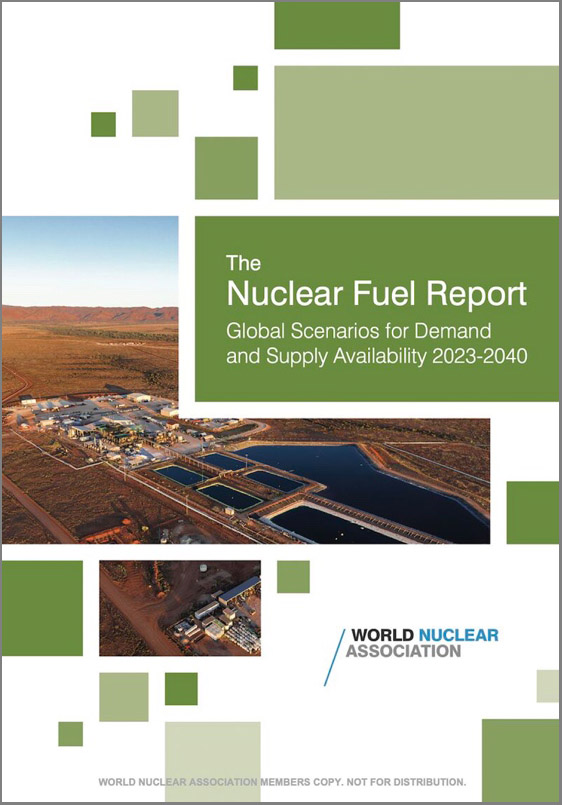 According to the World Nuclear Association’s newly released
According to the World Nuclear Association’s newly released 


